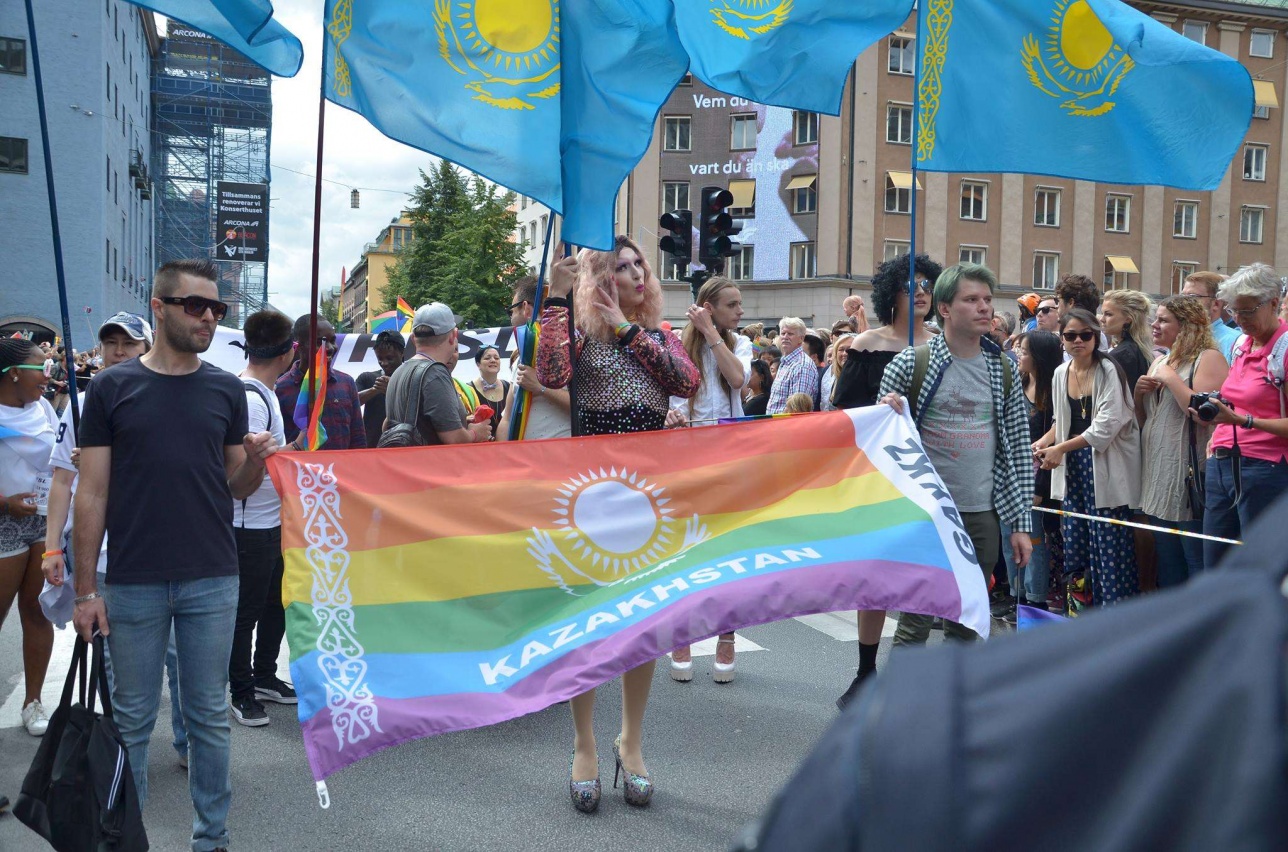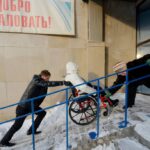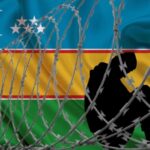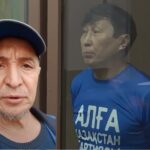ARTICLE 19 is deeply concerned about the ongoing crackdown on freedom of expression in
ARTICLE 19 renews it calls for the immediately release of those detained for criticising the government and for discussing the Zhanaozen strikes.
“The situation for freedom of expression in
“It is enormously disappointing that
Whilst in the country, between 12 and 15 December 2012, ARTICLE 19 attended the on-going trials against the Respublika and Vzglyad newspapers and their related internet resources. The civil proceedings seek the permanent closure of these media for alleged “extremist” publications for covering the strikes and ensuing violence in Zhanaozen.
In decisions on the 4 and 6 December 2012, courts in Almaty used these very same grounds to ban Stan.Tv (an internet news portal) and K+ (a satellite broadcast television service). Similar proceedings have been initiated against a range of newspapers, radio, television, and internet resources.
Murat Tungishbayev, a local blogger, had attended two of the court hearings against Respublika in order to film and photograph the proceedings for his blog. Following the court hearing on 13 December, Tungishbayev was followed by an unknown man who attempted to restrain him. Whilst refusing to identify himself, he demanded to know Tungishbayev’s identity and why he had been filming the proceedings, suggesting that they have “a talk”. The man left abruptly when interrupted by ARTICLE 19 and other trial monitors leaving the same Court hearing. Such unidentified persons are widely understood to be associated with the National Security Committee (KNB). Two days later, Tungishbayev told ARTICLE 19 he had been harassed by the national security services, including being visited at his home by unidentified individuals.
Acts of intimidation are not limited to the media and bloggers in
The ARTICLE 19 and Adil Soz round-table discussion centred on criminal prohibitions on “incitement to social hatred” in Kazakhstan, and their recent use to stifle critical discussion of the government and, in particular, the oil-worker strikes and ensuing violence in Zhanaozen. Participants agreed that concerted efforts are required to ensure that these provisions are brought into compliance with international human rights standards.
Following its visit, ARTICLE 19 urges the Kazakh authorities to:
•Immediately release those detained for criticising the government and for discussing the strikes and ensuing violence at Zhanaozen, including Vladimir Kozlov and Roza Tuletayeva
•Immediately cease intimidating and threatening those who exercise their fundamental right to freedom of expression.
The international community must:
•Ensure that
•Take decisive measures to ensure compliance by
SOURCE:
Article 19

















